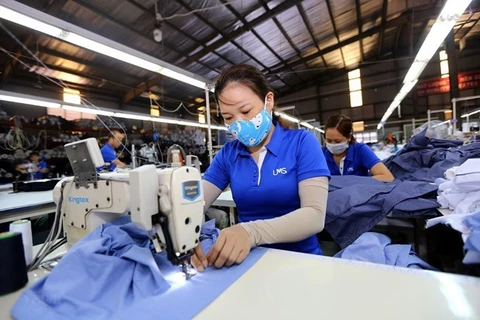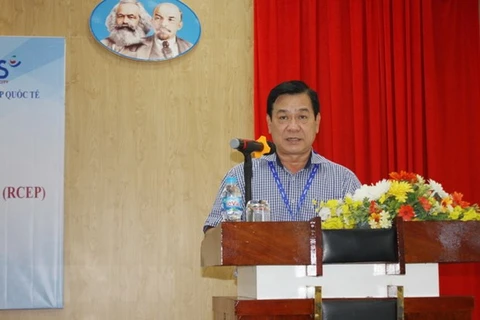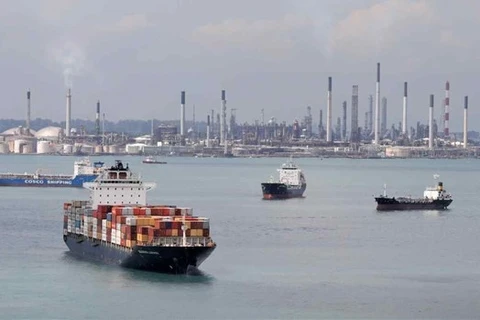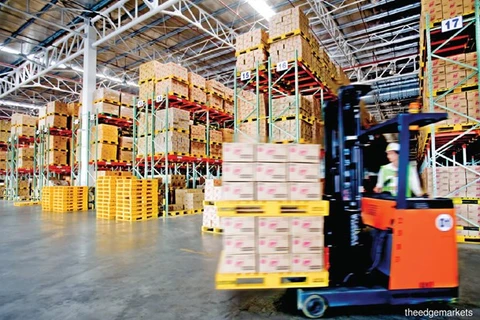Hanoi (VNA) - The Regional Comprehensive Economic Partnership (RCEP), which was signed at a time when the COVID-19 pandemic was impacting the global world, is expected to promote belief in economic globalisation, experts said at a forum on the trade pact held on April 19 within the framework of the 2021 Boao Forum for Asia (BFA).
According to former Chinese Vice Minister of Commerce Long Yongtu, the signing of the RCEP conveys a message for Asia and the world that globalisation still holds promise.
Zheng Yongnian, Director of the Advanced Institute for Global and Contemporary China Studies under the Chinese University of Hong Kong, Shenzhen, said the RCEP is an initial step in economic and commercial institutionalisation in Asia.
The trade pact will result in the shifting of the global economic hub to Asia-Pacific since it is an inclusive agreement that reflects multilateralism, he added.
Meanwhile, Isabelle Durant, Acting Secretary-General of the United Nations Conference on Trade and Development, affirmed the dynamism of Southeast Asian economies while stressing that the RCEP will help improve competitive edges and narrow development gaps between nations.
The world’s largest trade pact, the RCEP was signed on November 15 by leaders from 15 member countries after eight years of negotiations.
The pact involves the 10 ASEAN member nations - Brunei, Cambodia, Indonesia, Laos, Malaysia, Myanmar, the Philippines, Singapore, Thailand, and Vietnam - and the bloc’s partners China, Japan, the Republic of Korea (RoK), Australia and New Zealand.
The participating countries target the pact taking effect from January 1, 2022./.
According to former Chinese Vice Minister of Commerce Long Yongtu, the signing of the RCEP conveys a message for Asia and the world that globalisation still holds promise.
Zheng Yongnian, Director of the Advanced Institute for Global and Contemporary China Studies under the Chinese University of Hong Kong, Shenzhen, said the RCEP is an initial step in economic and commercial institutionalisation in Asia.
The trade pact will result in the shifting of the global economic hub to Asia-Pacific since it is an inclusive agreement that reflects multilateralism, he added.
Meanwhile, Isabelle Durant, Acting Secretary-General of the United Nations Conference on Trade and Development, affirmed the dynamism of Southeast Asian economies while stressing that the RCEP will help improve competitive edges and narrow development gaps between nations.
The world’s largest trade pact, the RCEP was signed on November 15 by leaders from 15 member countries after eight years of negotiations.
The pact involves the 10 ASEAN member nations - Brunei, Cambodia, Indonesia, Laos, Malaysia, Myanmar, the Philippines, Singapore, Thailand, and Vietnam - and the bloc’s partners China, Japan, the Republic of Korea (RoK), Australia and New Zealand.
The participating countries target the pact taking effect from January 1, 2022./.
VNA
























